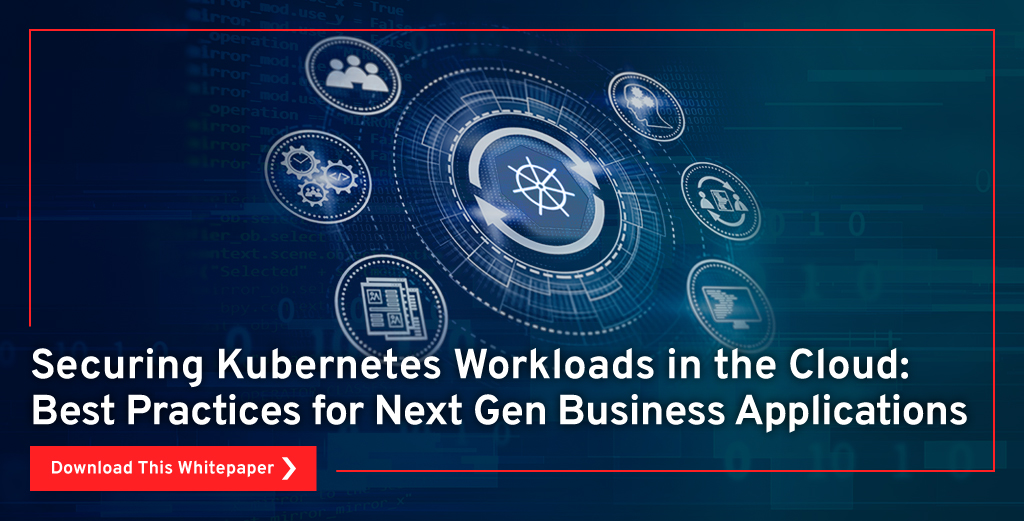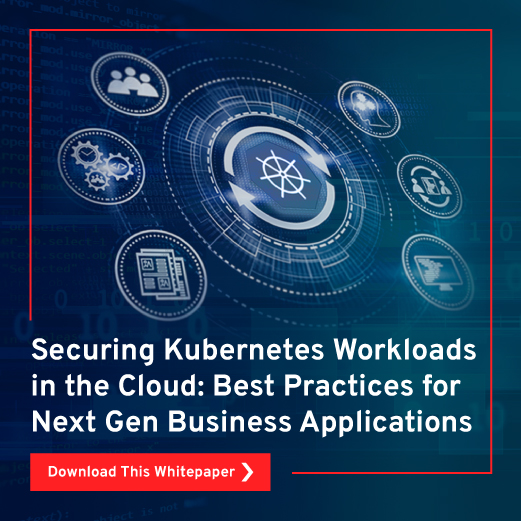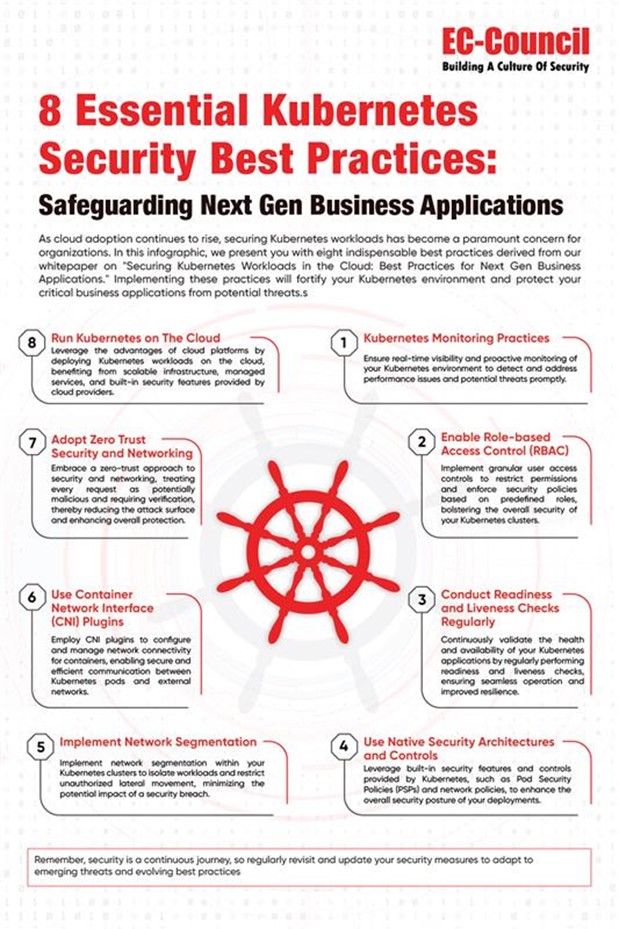May 20, 2023
The post Securing Kubernetes Workloads in the Cloud: Best Practices for Next Gen Business Applications appeared first on Cybersecurity Exchange.
Article posted by: https://www.eccouncil.org/cybersecurity-exchange/whitepaper/securing-kubernetes-workloads-cloud-business-applications/
——————————————————————————————————————–
Infocerts, 5B 306 Riverside Greens, Panvel, Raigad 410206 Maharashtra, India
Contact us – https://www.infocerts.com
This is the article generated by feed coming from KaliLinux.in and Infocerts is only displaying the content.



